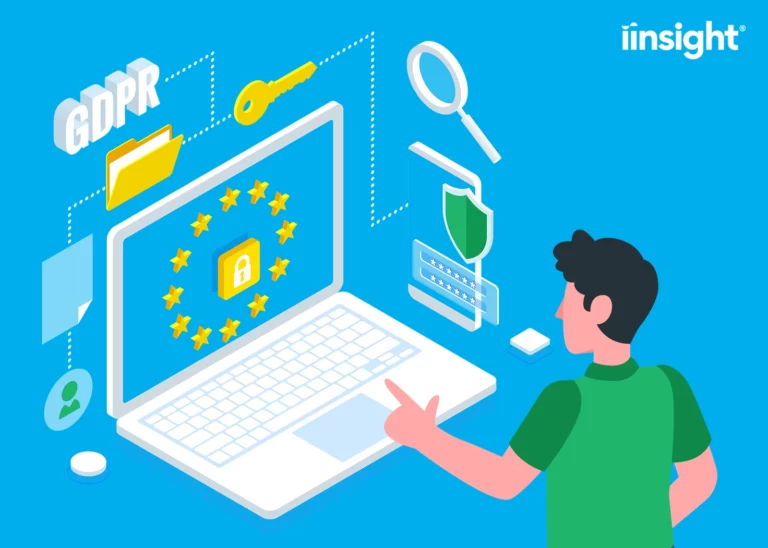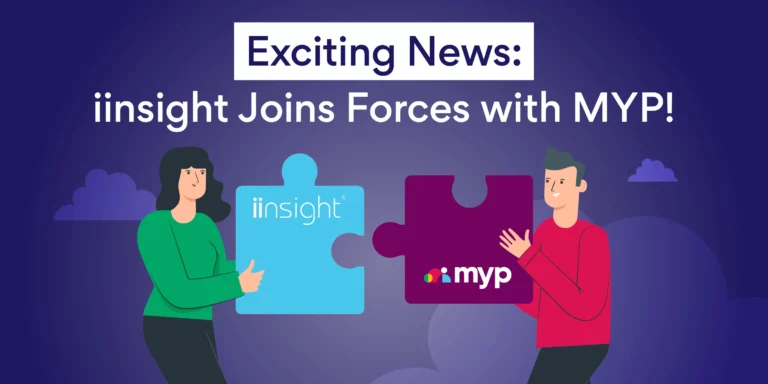Did you know that since the inception of healthcare compliance, there have been over 300,000 incidents reported? With the rise of technology, digital compliance is more important than ever.
The healthcare industry is rife with cyberattacks and breaches. As compliance becomes more strict, it’s essential to stay ahead of the game. Don’t be caught off guard, learn how to protect your organization today!
Keep reading to discover helpful tips to improve your digital compliance efforts.
Take Security Measures to Prevent Attacks
In the healthcare industry, patient information is one of the most sensitive and important pieces of data. The security and privacy of this information are essential for the success of the medical practice.
The use of electronic records has increased cyber-attacks on healthcare practices. Protecting patient information is a top priority for medical professionals.
Providers must ensure that this information is safe and secure at all times. They should have security measures in place on their websites. These security measures should include:
- SSL certificates
- Strong passwords
- Firewalls
- Data encryption
- Two-factor authentication
Implement Confidentiality Controls
Confidentiality controls are procedures and technologies that help protect the privacy of patients. They keep health information private and secure. Confidentiality controls include:
- Firewalls
- Data encryption
- User authentication
- Access control lists
- Anti-virus software
To abide by regulations, it is important to have a strong framework in place for protecting patient data. Confidentiality controls are a key component in this framework. They provide the necessary protection against unauthorized access and disclosure of information.
Effective Digital Workflow Compliance
Workflow management is important in healthcare for compliance. It helps with the workflow and enables staff to focus on their jobs more efficiently. Workflow management also helps to ensure that practices complete all clinical and administrative tasks in a timely manner, which is crucial for compliance.
There are several ways to do this. One way is to use technology to document and report deviations from established standards. This can be done using an automated workflow tool or an electronic health record system.
Another way is to create a checklist or policy that states reporting requirements and who needs to report it. It should also outline how often to report it.
Educate and Train Staff
Training and educating staff is a key component of compliance. The standards are constantly changing, so it is important that staff are aware of current regulations. They need to understand what they should and shouldn’t do to protect themselves, their patients, and the facility.
Staff training is necessary for clinical professionals working with new technologies or procedures. These new technologies can have unintended consequences if not used correctly or if not used at all.
Educating staff on these new procedures and technologies can help avoid mistakes that may harm patients. It also helps practices avoid regulatory violations from those who don’t know better.
Log and Monitor Usage
Monitoring and logging data usage is a key part of staying compliant with privacy laws. A company can use logs to show that they are complying with regulations. Documentation protects them from any potential fines or penalties.
Logging keeps records of all the activities that happen in a computer system or network. Healthcare professionals log information for a variety of reasons.
This includes gathering data on who is using what device and how often. It also tracks the errors that occur and troubleshoot problems that may arise.
Monitoring is checking or observing to see if something is happening or changing that shouldn’t. In healthcare, it’s important to ensure patients are getting the best treatment possible. This is through monitoring patient care and procedures.
Conduct Regular Risk Assessments
A risk assessment identifies the potential risks and evaluates the probability of occurrence. It guides leaders in making decisions on appropriate responses to manage those risks. Organizations conduct risk assessments to support digital compliance in healthcare.
The first step in conducting a risk assessment is identifying the potential risks that may exist within your organization. These risks can include:
- Compliance with HIPAA regulations
- Security breaches
- Data breaches
- System downtime or delays
- Data loss or theft
The next step is to evaluate the probability of occurrence for each identified risk within your organization. The findings determine how much attention should be given to each identified risk.
Back-Up Data Off-Site
In the age of data breaches, it is important to have a backup of your data. It is also important to have off-site backups to ensure that your data is secure and safe.
There are many benefits of having off-site backups for digital compliance in healthcare. One such benefit is that you can access your data from anywhere and anytime as long as you are connected to the internet.
But it’s not enough to just have a backup of your data. You also need to make sure that the backup is stored on a different server from the main one. This way, if one server goes down, you still have a copy of your data to access.
Tackle Digital Compliance Today With iinsight
Now that you have a better understanding of digital compliance in healthcare, you can improve your processes. Healthcare compliance is daunting at times, but it doesn’t have to be with the right software.
At iinsight, we have a secure digital platform to streamline healthcare practices while remaining 100% HIPAA compliance. Our platform makes it easy to streamline workflows and maintain proper documentation.
We encourage you to try our 14-day free trial and learn more!












